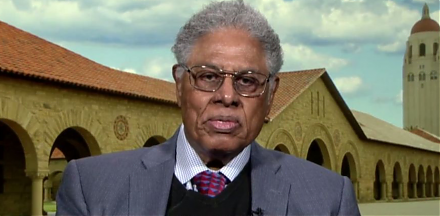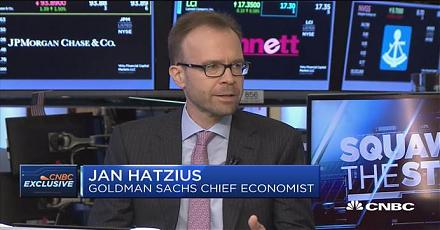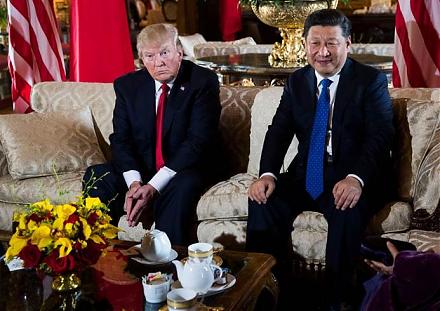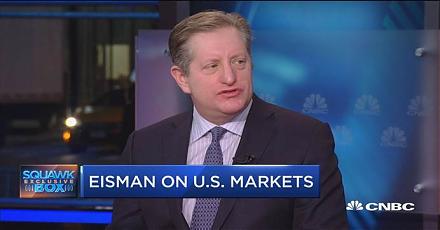

2019-03-07 12:39:00 Thu ET
trust perseverance resilience empathy compassion passion purpose vision mission life metaphors seamless integration critical success factors personal finance entrepreneur inspiration grit
A physicist derives a mathematical formula that success equates the product of both personal quality and the potential value of a random idea. As a Northeastern University expert on network theory, Albert-Laszlo Barabasi comes up with this key simple formula when he learns the transformative life stories of many people who achieved late-in-life successes. For instance, a U.S. analytical chemistry professor, John Fenn, conducted his revolutionary research on electrospray ionization at the age of 67 (which contributed to the mass measurement of viruses and ribosomes with incredible accuracy) and then received the Nobel Prize in Chemistry for this major contribution at the age of 85.
English actor and director Alan Rickman had his first movie role at 46; Julia Child brought French cuisine to the U.S. public in her first TV show at 50; Yitang Zhang derived a revolutionary mathematical proof in his first journal publication and later earned full professorship with many special achievement awards at 57; and Nelson Mandela emerged after 27 years in prison and then became the President of South Africa at 76.
The Barabasi formula is S=Q*r where S denotes the success of a new deal, or the impact of a major discovery or breakthrough, which is equal to the product of the Q-factor (or innate talent) and the value of a random idea r. A highly creative and smart person may encounter some basic random idea, and this combination leads to a mediocre outcome. Conversely, an average person may come across a great idea, and this combination still leads to a mediocre result.
Then there are perfect-storm instances where the idea and its creator both shine. When the Q-factor and the value of a new idea are both high, they enhance each other and result in a major breakthrough. A key example is the revolutionary Apple iPhone that integrates the flash of fresh business genius in Steve Jobs, an Internet-connective telephone, a music player, and a digital camera into one mobile device. What illuminates the Barabasi success formula is the realization that if a person has an insufficiently high Q-factor in one vocation, he or she might want to consider switching to a different field where it is quite attainable to get an exceptionally high Q-factor. Amazon founder and chairman Jeff Bezos had considered becoming a physicist when he studied at Princeton, and later he realized that this ambition was too remote; as a result, he chose to become an investment banker first in his career and then founded Amazon as an e-commerce startup, and the rest was history. On balance, these life lessons suggest that one should combine his or her high Q-factor with a healthy quantity of good ideas before the next eureka moment.
If any of our AYA Analytica financial health memos (FHM), blog posts, ebooks, newsletters, and notifications etc, or any other form of online content curation, involves potential copyright concerns, please feel free to contact us at service@ayafintech.network so that we can remove relevant content in response to any such request within a reasonable time frame.
2017-06-09 06:37:00 Friday ET

To complement President Trump's pro-business economic policies such as low taxation, new infrastructure, greater job creation, and technological in
2023-11-14 08:24:00 Tuesday ET

Thomas Sowell argues that some economic reforms inadvertently exacerbate economic disparities. Thomas Sowell (2019) Discrimination and econo
2017-03-27 06:33:00 Monday ET

Goldman Sachs chief economist Jan Hatzius says the Federal Reserve's QE exit strategy makes sense ahead of Fed Chair Janet Yellen's stepdown in 2018
2017-03-21 09:37:00 Tuesday ET

Trump and Xi meet in the most important summit on earth this year. Trump has promised to retaliate against China's currency misalignment, steel trade
2017-04-01 06:40:00 Saturday ET

With the current interest rate hike, large banks and insurance companies are likely to benefit from higher equity risk premiums and interest rate spreads.
2019-01-21 10:37:00 Monday ET

Andy Yeh Alpha (AYA) AYA Analytica financial health memo (FHM) podcast channel on YouTube January 2019 In this podcast, we discuss several topical issues